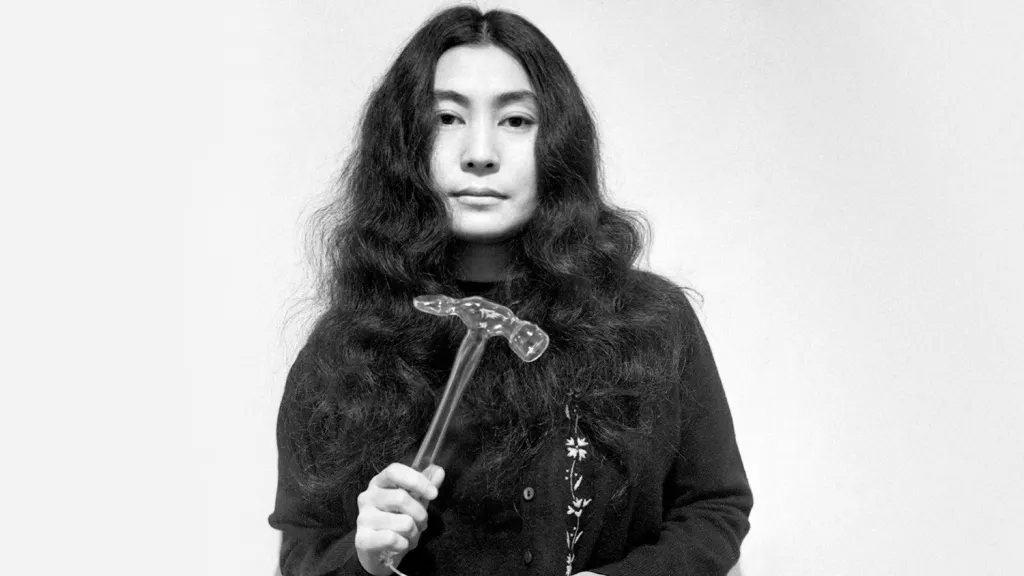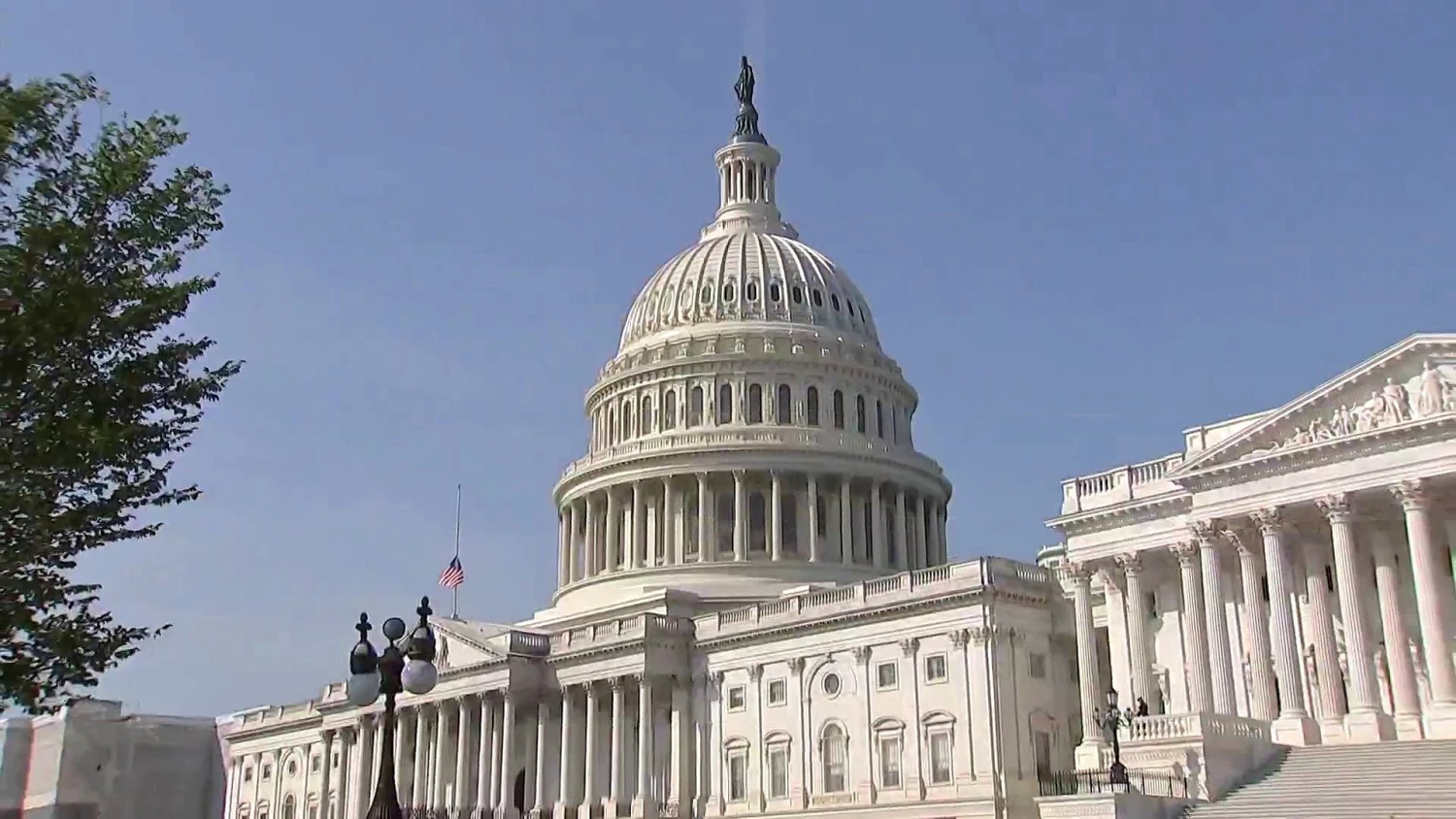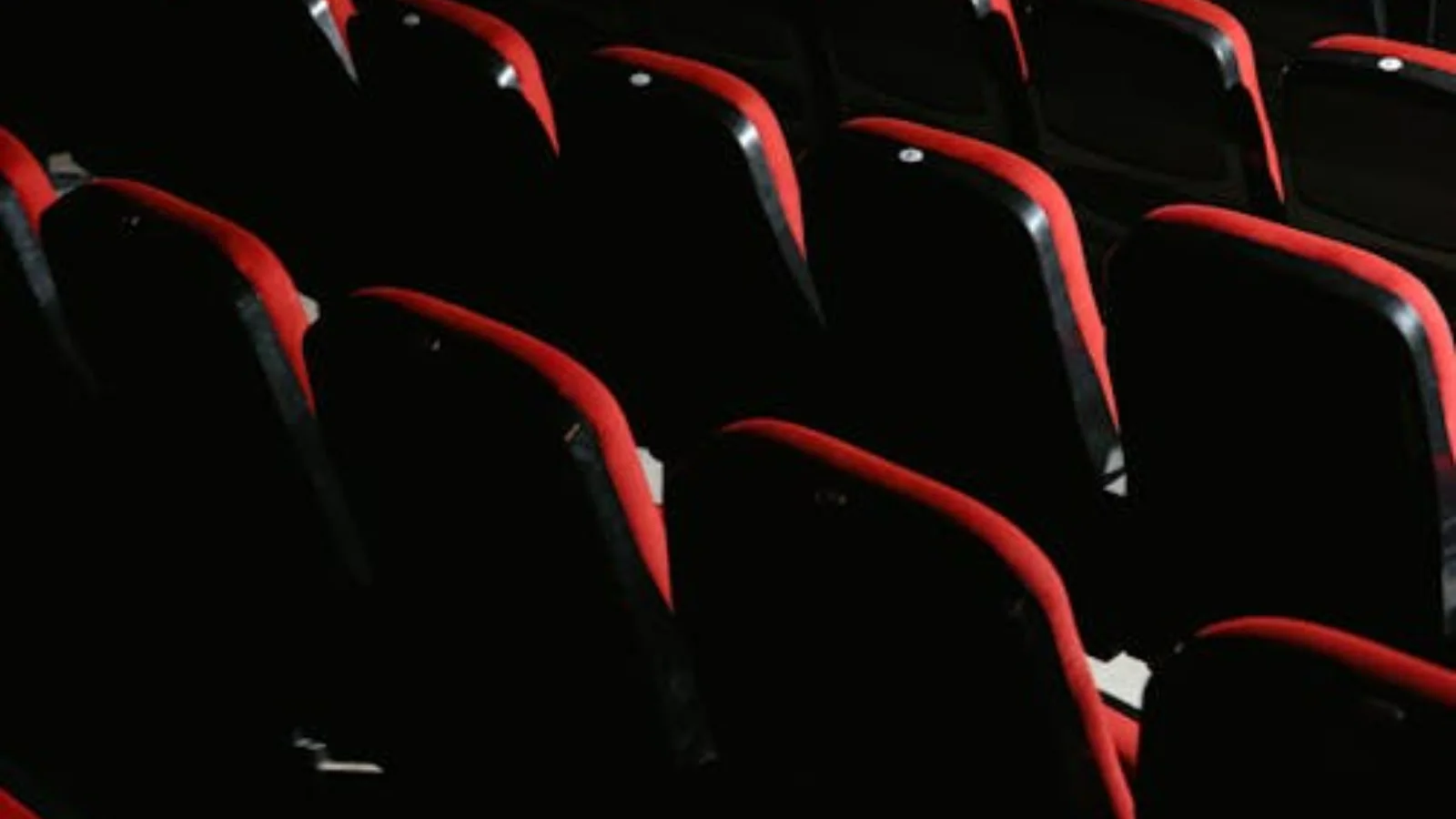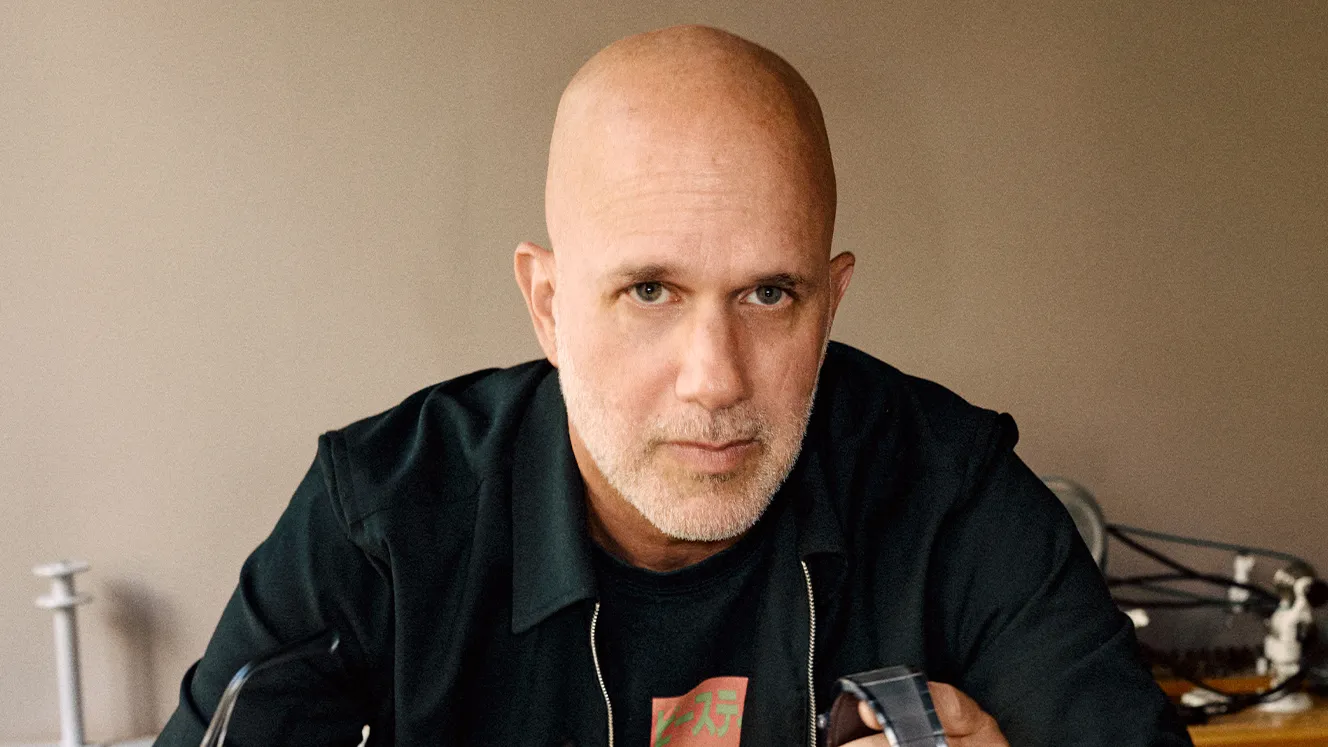Copyright Deadline

The Broad is set to celebrate Yoko Ono, the visionary artist, musician, and activist, with Yoko Ono: Music of the Mind. This major exhibition, which marks the artist’s first solo museum showing in Southern California and is organized in collaboration with Tate Modern, London, will explore her seven-decade impact on contemporary culture. Opening in spring 2026, the exhibition will feature works that invite visitors to engage directly, transforming everyday actions into powerful expressions of peace and connection. On the East West Bank Plaza, The Broad’s olive trees will host Wish Trees for Los Angeles, a significant installation (originally presented in Santa Monica in 1996), encouraging the public to contribute their personal wishes, embodying hope and community spirit. “For more than seven decades, Yoko Ono has expanded the possibilities of art as a force for connection and change,” said Joanne Heyler, Founding Director and President of The Broad. “Poetic and bold, her emphasis on community and activism is especially timely, reminding us that imagination binds us together and can be a powerful source of collective strength.” Ono was born in 1933 in Tokyo and relocated to New York City in 1956, where she soon became an integral part of the city’s emerging experimental art community. She played a key role in the early development of conceptual art and was closely involved in the formation of Fluxus, the global avant-garde collective of artists and composers that included renowned figures like George Maciunas, La Monte Young, and John Cage. Her experiences as a young girl in the Japanese countryside, fleeing the horrors of World War II inspired the fundamental principles of her artmaking, where she relied on her imagination for nourishment and to maintain hope. From early in her career, Ono believed that artistic production was not limited to a studio, gallery, or museum, and could live in the minds, bodies, and hearts of everyone. “Since the 1950s, Yoko Ono has worked across genres and mediums from music and performance to visual art, contending with a complex spectrum of human emotion,” said Sarah Loyer, Curator and Exhibitions Manager. “Her foundational contributions to 1960s conceptualism and her lifelong commitment to participation have redefined what art can be and do. The throughline across her immense body of work, created across the United States, the UK, and Japan, is a sense of empowerment, both for herself and her audiences. The exhibition brings together a series of experiences that invite everyone to share in the act of creation and imagine change toward peace and equality.” Materials from the artist’s international campaigns for peace and displays of anti-war activism will also be on view, such as Acorn Event (1968) and Bed Peace (1969), projects done in collaboration with her late husband, John Lennon. In 1968, Ono and Lennon planted two acorns as a living sculpture for the Exhibition of British Sculpture at Coventry Cathedral in England. Soon after, they sent acorns to world leaders to plant in their gardens as symbols of world peace. In 1969, the couple staged their famous “bed-in” events in Amsterdam and Montreal, leveraging media attention to speak out against the Vietnam War. Film and video feature heavily throughout the exhibition, including footage of Ono’s most famous participatory performance work, Cut Piece, first performed at Yamaichi Hall, Kyoto, in 1964, in which the audience was invited to cut away pieces of her clothing while she sat silently onstage. Also on view will be FILM NO. 1 (“MATCH”) / Fluxfilm No. 14 (1966), capturing the striking of a match in slow motion; FILM NO. 4 (‘BOTTOMS’) (1967), a work that was once banned by the British Board of Film Censors; and collaborative video works with Lennon such as FLY (1970-71) and Freedom (1970) that address women’s liberation. Contemporary installations created in the 2000s, such as Helmets (Pieces of Sky) (2001), invite audiences to envision new horizons through direct participation. In the work, guests are invited to take a puzzle piece from a series of overturned World War II-era German soldier helmets, suggesting that the pieces may come together to form a complete sky and that we are each part of a shared whole. In Ono’s words, “Take a piece of sky. Know that we are all part of each other.” Collective humanity is also at the heart of the installation My Mommy is Beautiful (2004), where visitors can write thoughts about or pin photographs of their mothers. The work will accumulate personal stories throughout the exhibition’s run, becoming a universal testimonial to the complexity of our relationships with our mothers. Yoko Ono: Music of the Mind is organized by Tate Modern, London, in collaboration with The Broad, Los Angeles, and curated by Juliet Bingham, Curator of International Art at Tate Modern. The Broad presentation is curated by Sarah Loyer, Curator and Exhibitions Manager. The exhibition will be on view May 23 through October 11, 2026.



